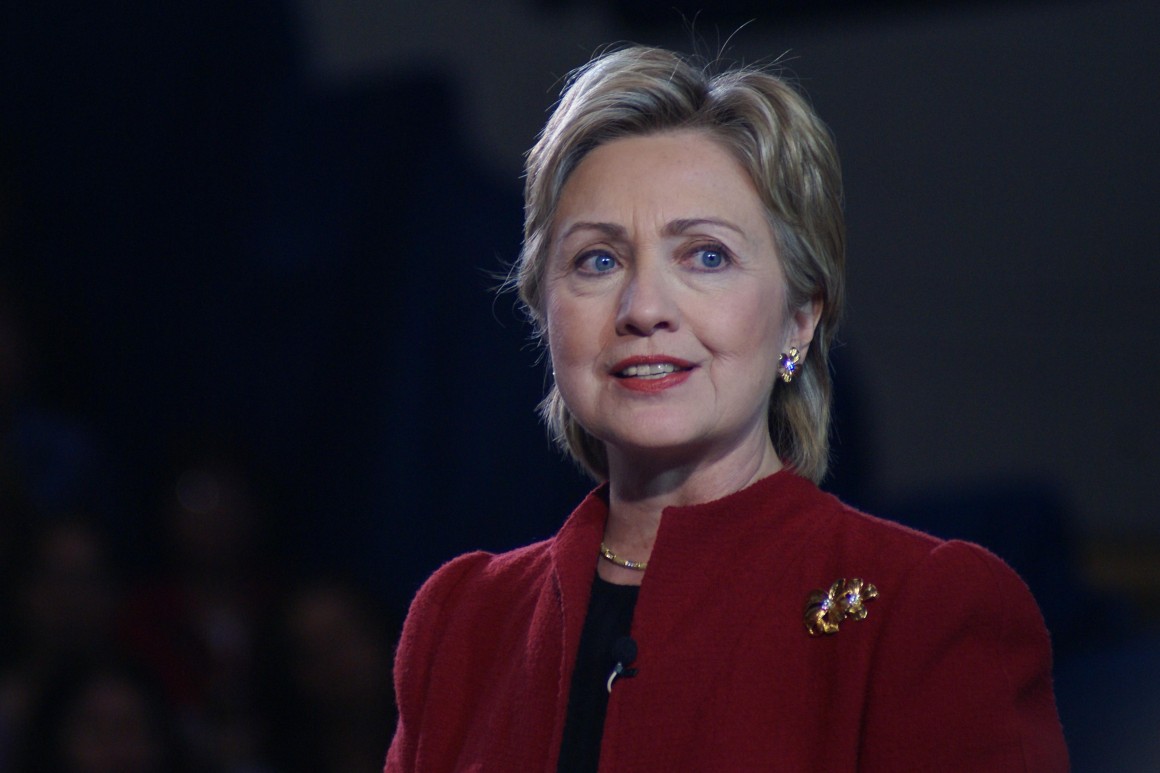Presidential elections have considerable implications for financial markets. Promises, reputations, and historical trends create new expectations for future valuations and disrupt the status quo. Static factors like political party alone can affect market outlooks, while a candidate’s policy positions further complicate their potential to harm or improve different sectors. Elections set the stage for political, economic, and social changes that can significantly affect investment decisions. The unpredictable and extreme nature of the 2016 election and its candidates will have especially interesting consequences on financial market expectations. A closer look at Democratic frontrunner Hillary Clinton reveals key factors that may influence financial markets upon her election, with critical dynamics like her reputation, her party, and her policy plans shaping investment attitudes.
Hillary Clinton is a moderate liberal, although she has been pulled further left as her campaign has progressed. She is well connected in both Washington and Wall Street and is widely considered the establishment’s choice for Democratic nominee and President. Based on historical patterns, Clinton’s party and position within it will shape her impact on financial market behavior. Historically stock markets have fallen in value when a Democratic president takes office, as investors fear more activist regulatory policies that may reduce profits. However initial risk aversion has often been followed by long bull markets. Historically stock markets perform much better under Democratic presidents than Republicans. However, Clinton’s reputation as a member of the establishment, her centrist economic perspective, connections to Wall Street as well as her husband’s economic record in the 90s may contribute to a more auspicious investment climate. Clinton has expressed views against reinstituting the Glass-Steagall Act, a law separating commercial and investment banks, although she would introduce more regulations on shadow banking and has plans for “risk fees” to curb hazardous financial activity. Clinton has indicated she would will be willing to work with big banks and corporations, which may encourage investors despite the Democratic party’s reputation as anti-business. Moreover, stricter enforcement of shadow banking activity may shift investments toward safer, more long-term investments.
In terms of the potential political atmosphere, Clinton would inherit a GOP controlled Congress. A Democratic president paired with a Congress of the opposite party has historically been incredibly good for business growth. Since 1945, based on S&P 500 price gains, the stock market has grown by an average of 15.1 percent when a Democratic president and unified Congress are in power. This average rises to 19.25 percent when the Congress is Republican. If Clinton is elected, the resulting political configuration will be the most historically favorable to financial markets. This can be explained by the gridlock that inevitably ensues when opposing parties control the White House and Congress. Gridlock can be very advantageous for stock markets, as fewer legislative changes means financial reforms are less likely to be agreed upon and business as usual can continue.
As far as specific policy implications, one would expect price fluctuation in industries where Clinton has expressed the most interest. Clinton’s background in healthcare reform and her support for the Affordable Care Act suggest she would likely want to expand on ObamaCare, which would have significant implications for healthcare stocks. Increased consumer demand for both insurance and medical care will mean better returns for healthcare investors. Clinton’s pledge to make America a clean energy powerhouse will have repercussions in the energy sector. Clean energy investments will become more popular with policy support from the White House. Furthermore, Clinton plans to revitalize infrastructure investment by reauthorizing the Build America Bonds program, which aims to incentivize investment in infrastructure development.
Clinton’s policy agenda has the potential to heavily influence markets if she gets elected. Investors are very sensitive to the political environment, fearing a new government may use public policy to support some and attack other market sectors. However, it is important to keep in mind that Clinton’s effect on the market is contingent upon her ability to get new initiatives through a gridlocked political system. Investors may be confident making decisions based on static factors like political party trends and a candidate’s reputation but they should wait to judge the political environment after inauguration day.
Delaney Luna is a second year MPP candidate at Georgetown University’s McCourt School of Public Policy. Earning her B.A. at the University of California, Berkeley, she studied political economy and public policy while working in a variety of local government, political, and academic settings. Her policy interests include financial security and economic inclusion, and her most recent work experience includes nonprofit asset-building. Delaney is originally from Coronado, CA.
